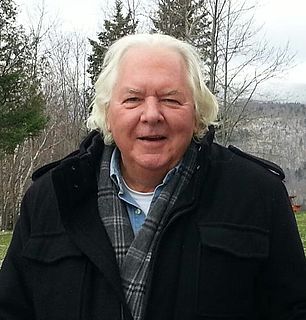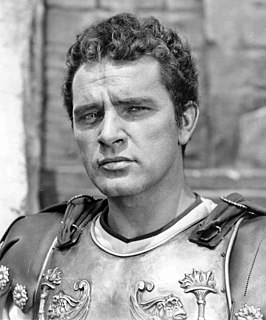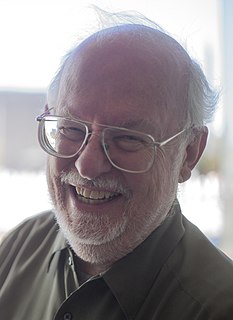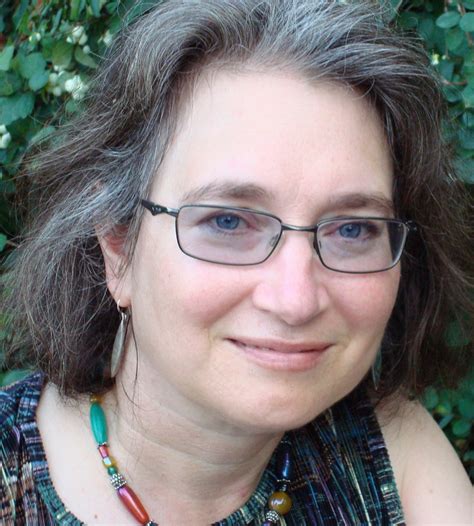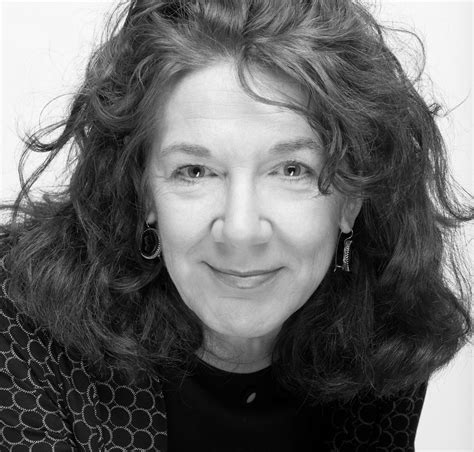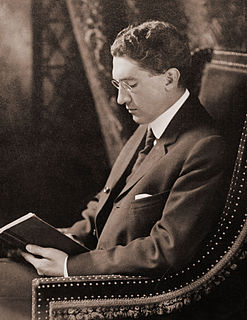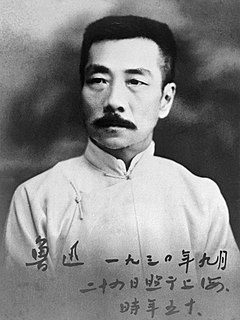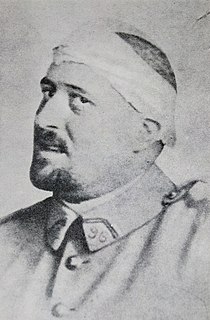Top 1200 Poets Quotes & Sayings - Page 2
Explore popular Poets quotes.
Last updated on November 15, 2024.
I am particularly conscious of my connection to the poets of the Harlem Renaissance because I, too, am a Black poet, born into, and shaped by, the very community in which those poets of the past produced so much of the work we associate with the Harlem Renaissance. We speak from the same place, both literally and metaphorically.
My biggest poetic influences are probably 20th-century British and Irish poets. So I suppose I'm always listening for the music I associate with that poetry, the telling images, the brevity. I want to hear it in my own work as well as in the poetry I read. However, I think I'm generally more forgiving of other poets than myself.
I'm not going to tell people how to write, but we do have a skill set, and the more we put ourselves out into the world as poets, as a sort of poet of the tribe, as representatives of metaphor, and try to claim space for metaphor in the inner life, that's going to be important and be helpful to poetry and bring a tension for poets writing about whatever they choose.
'Dead Poets Society' was a very influential film on me and so talking about that movie with him, he just inspired me to continue writing poetry and we talked a lot about our favourite poets. My wrap present from Robin was a beautiful limited edition copy of Walt Whitman's 'Leaves of Grass' and that's a great memory for me.
I personally believe the role of poets as poets (which is something different from our obligations as citizens, community members, humans) is to write poems. I believe this because I am quite sure poetry can do something no other form or writing, or human activity, can, at least not in such a powerful and distilled and undeniable way. And that we need this type of thinking for our survival as individuals and as a species.
The anthology meets with two different kinds of reactions in living poets. They will either write toward the anthology or away from it. Anti-anthology poets often overreach themselves, inflicting protective distortions on their work - as parents in old Central Europe often deliberately maimed their sons to save them from compulsory military service.
I think that what's happening today, with all the young poets rushing from one college to another, lecturing at the drop of a hat and so on, is not too good; I think it might have a bad effect on a great many of the young poets. They - to quote Mark Twain - "swap juices" a little too much, so that they are in danger of losing their own identity and don't give themselves time enough in which to work out what's really of importance to them - they're too busy.
The fact is that I have lived with the belief that power, any kind of power, was the one thing forbidden to poets. ... Power requires that the inner person never be unmasked. No, we poets have to go naked. And since this is so, it is better that we stay private people; a naked public person would be rather ridiculous, what?
Of course, a psychologist would find it more direct to study the inspired poet. He would make concrete studies of inspiration in individual geniuses. But for all that, would he experience the phenomena of inspiration? His human documentation gathered from inspired poets could hardly be related, except from the exterior, in an ideal of objective observations. Comparison of inspired poets would soon make us lose sight of inspiration.
Plato said that poets should be excluded from the ideal republic because they are such liars. I am a poet, and I affirm that this is true. About no subject are poets tempted to lie so much as about their own lives; I know one of them who has floated at least five versions of his autobiography, none of them true. I of course - being also a novelist - am a much more truthful person than that. But since poets lie, how can you believe me?
I think that poets can say, "What we want is for everybody on earth to wake up free from fear and with access to medicine and clean water and education." But I don't think poets have any special insight on how to get there. And the 20th century is a pretty good record of that because so many of the great poets were Stalinists: Vallejo, Neruda, Eluard, Aragon, etc. They wrote their odes to Lenin and Stalin. They glorified some of the most violent and grotesque dictatorships of the 20th century. And a lot of the ones who were not Stalinists were fascists or fascist sympathizers.
Poets seem to write more easily about love than prose writers. For a start, they own that flexible ‘I’…. Then again, poets seem able to turn bad love – selfish, shitty love – into good love poetry. Prose writers lack this power of admirable, dishonest transformation. We can only turn bad love into prose about bad love. So we are envious (and slightly distrustful) when poets talk to us of love.
If the United States haven't grown poets, on any scale of grandeur, it is certain that they import, print, and read more poetry than any equal number of people elsewhere -- probably more than the rest of the world combined. Poetry (like a grand personality) is a growth of many generations -- many rare combinations. To have great poets, there must be great audiences too.
Poets are the hierophants of an unapprehended inspiration; the mirrors of the gigantic shadows which futurity casts upon the present; the words which express what they understand not; the trumpets which sing to battle, and feel not what they inspire; the influence which is moved not, but moves. Poets are the unacknowledged legislators of the world.
Poets are always making waves. I mean, you know, in an ideal situation, the ideal republic can't tolerate poets because - it isn't that they mutter and criticize; it is that the poet does not accept the situation called the 'perfect' condition of man - in other words, perfect in the materialistic sense.
If you look at the Directory of American Poets and Writers, you know there are hundreds of poets in New York City. So therefore, just by specific gravity, it seems like a more significant place. Robert Wrigley is a poet who lives in rural Idaho - I think it's really back-country Idaho - and he writes beautiful poems.
I'm more than a little suspicious of humor in poems, because I think it can at times be a way of getting a reaction out of a reader, or an audience, that is something closer to relief: i.e., thank god this isn't poetry, but stand-up comedy. Some poets are really funny, but more often poets are fourth rate stand up comics at best. But they benefit from the sheer relief of the audience.
Most poets, most good poets even, no longer have the heart to write about what is most terrible in the world of the present: the bombs waiting beside the rockets, the hundreds of millions staring into the temporary shelter of their television sets, the decline of the West that seems less a decline than the fall preceding an explosion.
I do believe that one's writing life needs to be kept separate from Po-Biz. Personally, I deal with this by not attending too many poetry readings, primarily reading dead poets or poems in translation, reading Poets & Writers only once for grant/contest information before I quickly dispose of it, and not reading Poetry Daily. Ever.
When I say God it is poetry and not theology. Nothing that any theologian has written about God has helped me much, but everything the poets have written about flowers and birds and skies and seas and saviors of the race, and God - whoever He may be - has at one time or another reached my soul!...The theologians gather dust upon the shelves of my library but the poets are stained with my fingers and blotted by my tears.
In general, I would think that at present prose writers are much in advance of the poets. In the old days, I read more poetry than prose, but now it is in prose where you find things being put together well, where there is great ambition, and equal talent. Poets have gotten so careless, it is a disgrace. You can’t pick up a page. All the words slide off.
I went to Havana, and I was like, "Wow, there's culture everywhere!" That was one thing that I did notice when I went to Cuba was that artists are paid to be artists, and poets are paid to be poets, and musicians are paid to be musicians by the government. The government - and I'm not saying that the Cuban government's perfect - but the government does place a value on culture.
Literary men are being employed to praise a big business man personally, as men used to praise a king. They not only find political reasons for the commercial schemes that they have done for some time past they also find moral defences for the commercial schemers... I do resent the whole age of patronage being revived under such absurd patrons; and all poets becoming court poets, under kings that have taken no oath.
Poets, if they're genuine, must keep repeating "I don't know." Each poem marks an effort to answer this statement, but as soon as the final period hits the page, the poet begins to hesitate, starts to realize that this particular answer was pure makeshift that's absolutely inadequate to boot. So the poets keep on trying, and sooner or later the consecutive results of their self-dissatisfaction are clipped together with a giant paperclip by literary historians and called their oeuvre.
Contemporary poets are skeptical and suspicious even, or perhaps especially, about themselves. They publicly confess to being poets only reluctantly, as if they were a little ashamed of it. But in our clamorous times it's much easier to acknowledge your faults, at least if they're attractively packaged, than to recognize your own merits, since these are hidden deeper and you never quite believe in them yourself.
As for what I have done as a poet, I take no pride in whatever. Excellent poets have lived at the same time with me, poets more excellent lived before me, and others will come after me. But that in my country I am the only person who knows the truth in the difficult science of colors-of that, I say, I am not a little proud, and here have a consciousness of superiority to many.
Exact science and its practical movements are no checks on the greatest poet, but always his encouragement and support ... The sailor and traveller, the anatomist, chemist, astronomer, geologist, phrenologist, spiritualist, mathematician, historian and lexicographer are not poets, but they are the lawgivers of poets and their construction underlies the structure of every perfect poem.
Some of the old folk singers used to phrase things in an interesting way, and then, I got my style from seeing a lot of outdoor-type poets, who would recite their poetry. When you don't have a guitar, you recite things differently, and there used to be quite a few poets in the jazz clubs, who would recite with a different type of attitude.
Revolution is a bitter thing, mixed with filth and blood, not as lovely or perfect as the poets think. It is eminently down to earth, involving many humble, tiresome tasks, not so romantic as the poets think... . So it is easy for all who have romantic dreams about revolution to become disillusioned on closer acquaintance, when a revolution is actually carried out.
Now I would say at any given moment in American life, there are probably 45 poets in airplanes vectoring across the country heading towards...I don't know if anyone's reading it, but poets are still flying around the country going from lectern to lectern.That circuitry has become very well-established.
It's difficult to put your own bare ass out on the limb every time you sit down to write a poem. But that's really sort of the ideal. Because if we don't discover something about ourselves and our world in the making of a poem, chances are it's not going to be a very good poem. So what I'm saying is that a lot of our best poets could be better poets if they wrote less and risked more in what they do.
I say, 'Get me some poets as managers.' Poets are our original systems thinkers. They contemplate the world in which we live and feel obligated to interpret, and give expression to it in a way that makes the reader understand how that world runs. Poets, those unheralded systems thinkers, are our true digital thinkers. It is from their midst that I believe we will draw tomorrow's new business leaders." --Sidney Harman, CEO Multimillionaire of a stereo components company
Without poets, without artists... everything would fall apart into chaos. There would be no more seasons, no more civilizations, no more thought, no more humanity, no more life even; and impotent darkness would reign forever. Poets and artists together determine the features of their age, and the future meekly conforms to their edit.





